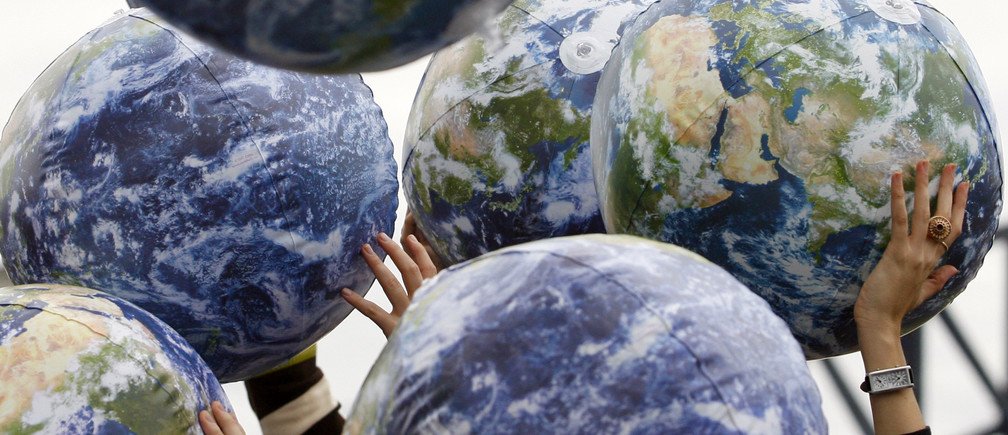Top Global Challenges in Human Rights Today
Human rights are fundamental to the dignity and freedom of individuals around the world. However, despite significant progress, numerous Challenges in Human Rights persist today. These challenges are multifaceted, affecting various aspects of society and impacting different regions in distinct ways. In this article, we will delve into some of the most pressing human rights challenges currently facing the global community, exploring their causes and implications.

Systemic Discrimination and Inequality
One of the most significant Challenges in Human Rights today is systemic discrimination and inequality. This issue manifests in various forms, including racial, gender, and economic discrimination. For instance, racial discrimination continues to affect marginalized communities, leading to disparities in education, employment, and justice. Similarly, gender inequality remains pervasive, with women and non-binary individuals often facing unequal pay, limited opportunities, and violence.
The roots of systemic discrimination are deeply embedded in societal structures and historical injustices. Therefore, addressing these challenges requires comprehensive reforms and a commitment to equality at all levels of society. Initiatives aimed at promoting diversity, equity, and inclusion are crucial in tackling these systemic issues.
Human Rights Violations in Conflict Zones
Another major challenge is the ongoing human rights violations in conflict zones. Armed conflicts and wars frequently result in severe abuses, including forced displacement, torture, and extrajudicial killings. In regions like Syria, Yemen, and Ukraine, the humanitarian crises have drawn international attention, but the situation remains dire.
The complexity of conflicts often makes it difficult to provide adequate humanitarian aid and protect civilians. International efforts to address these challenges include peacekeeping missions, sanctions against perpetrators, and support for conflict resolution. However, achieving lasting peace and ensuring respect for human rights in these regions remains a formidable task.
Refugee and Migrant Rights
The rights of refugees and migrants represent another critical area of concern. The global refugee crisis, driven by conflict, persecution, and environmental degradation, has led to a significant increase in the number of people displaced from their homes. Refugees and migrants often face numerous Challenges in Human Rights, including inadequate access to basic services, legal protection, and opportunities for integration.
Countries around the world are grappling with how to manage migration flows while upholding human rights. Policies and practices that balance security concerns with humanitarian obligations are essential. Additionally, international cooperation and support for displaced individuals are necessary to address the root causes of migration and ensure humane treatment.
Digital Rights and Privacy
In the digital age, another pressing issue is the challenge of protecting digital rights and privacy. With the proliferation of technology, individuals’ personal data is increasingly vulnerable to misuse and exploitation. Governments and corporations often collect and analyze data without adequate safeguards, raising concerns about surveillance, data breaches, and privacy invasions.
Addressing these challenges involves developing robust data protection laws and ensuring transparency in data collection practices. Advocacy for digital rights and the promotion of secure technology use are also vital in safeguarding individuals’ privacy in the digital realm.
Climate Change and Environmental Justice
Finally, climate change and environmental justice present significant human rights challenges. The impacts of climate change, such as extreme weather events, rising sea levels, and resource scarcity, disproportionately affect vulnerable populations. Indigenous communities, low-income families, and people in developing countries are often the hardest hit, exacerbating existing inequalities.
Efforts to address these challenges include promoting sustainable development, enforcing environmental regulations, and supporting communities affected by climate change. Global cooperation is essential for tackling environmental issues and ensuring that human rights are protected in the face of environmental threats.
Conclusion
In summary, the Challenges in Human Rights today are complex and varied, spanning systemic discrimination, conflict-related abuses, migrant rights, digital privacy, and environmental justice. Addressing these issues requires a concerted global effort, including policy reforms, international cooperation, and grassroots advocacy. By understanding and tackling these challenges, the international community can work towards a more just and equitable world for all.



